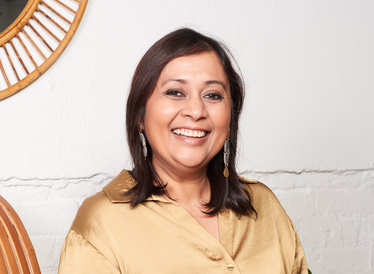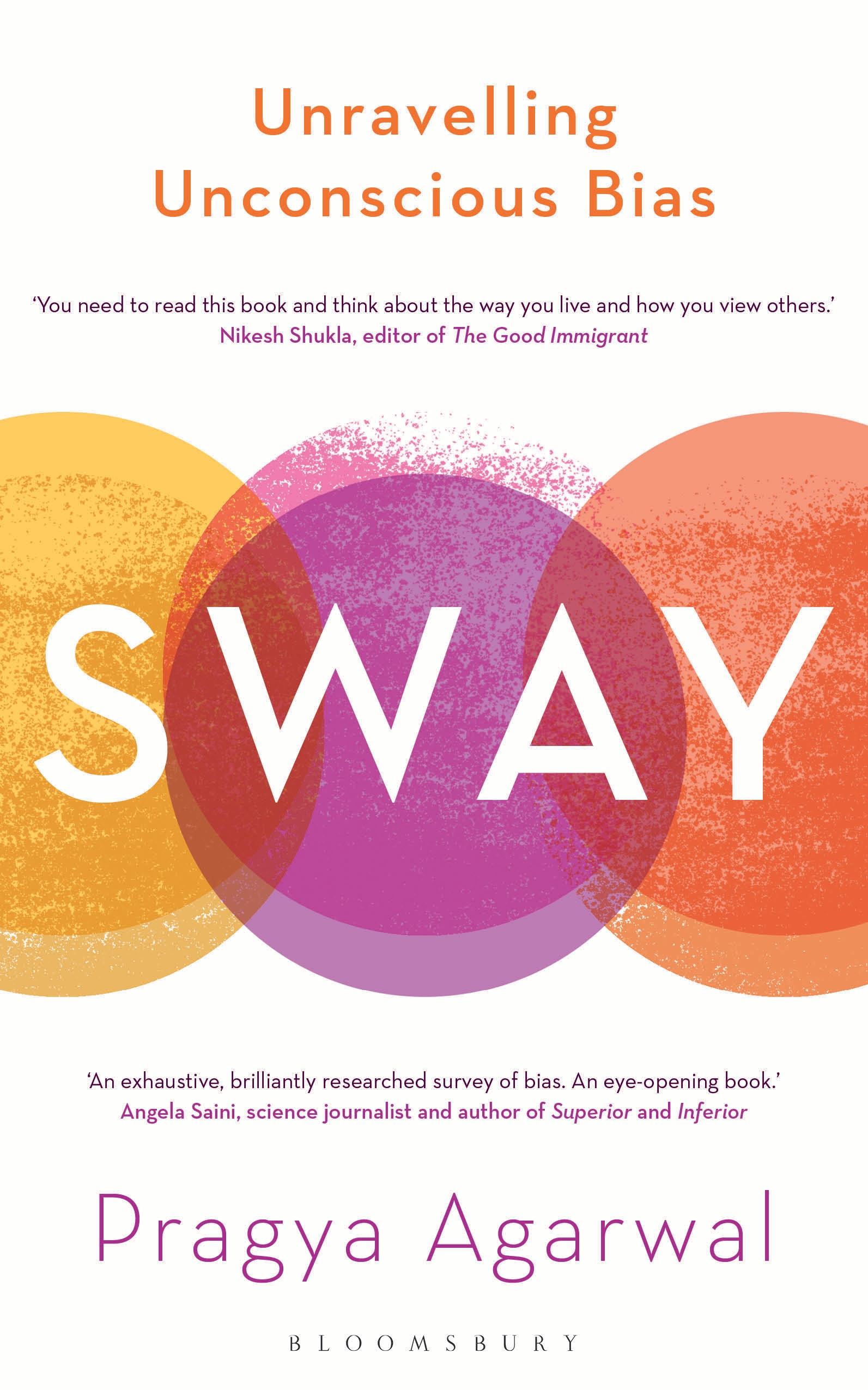The coronavirus outbreak will fundamentally alter the way we live for years to come. And while it might be difficult to imagine some of these changes being positive, what if it changed perceptions about getting older? Given the focus of her new book, Dr Pragya Agarwal is well placed to explore notions of ageism before and after the global pandemic.
What is ageism?
Ageism is an age-based discrimination. The term ‘ageism’ was coined by Dr Robert Butler, in 1969, to define bias and prejudice against an individual on the basis of their age. Age, just like race, sex, disability and religion, is a protected characteristic under the Equality Act. That means it’s against the law to discriminate against anyone because of their age. However, as Pragya highlights, “aged-based bias is not talked about as race or gender bias, because it is so deeply rooted in our culture that it’s not considered discriminatory.”
Reinforcing stereotypes
Pragya describes ageism as “an incredibly prevalent and insidious problem”. But how has it become so entrenched in our collective way of thinking?

Pragya explains, “[Ageism] is unique in the way that even the ones belonging to the in-group hold the same negative stereotypes…over the course of the first 50-odd years of our lives we see and internalise the negative stereotypes associated with ageing.”
Where do the biases that we carry come from? Well, we all carry our own unconscious biases with us into old age. Ideas of being incapable, ‘past it’ and slowing down are characteristics that typically accompany images or grey hair and wrinkled skin.
In fact, 36% of over 50s feel they have been disadvantaged in the workplace because of their age. Will all of those incidents have been conscious acts of ageism? That’s highly unlikely – though these displays of unconscious bias occur every day.
This cycle is a hard one to break, as it may need a generation to change their stereotypical ideas – whether conscious or unconscious – of old age. But this is made even more difficult as these stereotypical images are also perpetuated through what we see in the media, wherever we look.
Encountering such stereotypes in the media can negatively impact the self-esteem, health status, physical wellbeing and cognitive performance of older people.
Putting the spotlight on ageism
In an age of internet stars, social media obsession and lists such as ‘30 under 30’, the achievements and successes of those of a young age – even sometimes in their teens – is lauded. Everyone we see on our screens seems to be looking younger – either as older people are ignored for roles or pressures of an industry are causing people to make themselves look younger, as that is what’s desired.
Madonna, one of the world’s most iconic performers, has claimed she felt ‘punished for turning 60’. Veteran newsreader Moira Stewart left her position at the BBC in 2007 over an ageism row – aged just 58.
This also highlights the point that ageism disproportionately affects women. What Pragya refers to as the ‘George Clooney effect’ sees men gain an air of sophistication as they age, maybe even becoming a ‘silver fox’, while women in the same industry are made to feel unattractive, undesirable and ‘over the hill’. Actress Maggie Gyllenhaal claims she was considered ‘too old’ for the part of a love interest of a 50-year old man – she was 37.
Pragya makes it clear this lack of representation in the public eye can “reinforce stereotypes and play a role in stereotype formation.” But the effects run deeper. “Encountering such stereotypes in the media can negatively impact the self-esteem, health status, physical wellbeing and cognitive performance of older people.”
Ageism and coronavirus
The health of everyone, particularly older people and those most vulnerable, is at the forefront of everyone’s minds at the moment. But how is the coronavirus outbreak being impacted by ageism, and vice versa?

“The way that information is being distributed and consumed during this time of crisis can further exacerbate the digital divide between people of different ages.” This can lead to those already feeling isolated to feel more detached from society at a time of national crisis.
But these biases are not only affecting older people digitally during this pandemic. Pragya outlines how older people are being overlooked at a policy level when it comes to medical care.
“Medical professionals are realising there are no specific clinical protocols for the older population, even as protocols for children and adults have been put into place. There are questions being asked whether age-based biases in medical and health care could be contributing to this.”
However, Pragya also highlights some of the positives that may come from these trying times. “As people see that everyone is facing the same restrictions and limitations during lockdown, it is likely that people would have fewer stereotypes around old age.”
Also, during this time of crisis, there has been a notable effort to stay in contact with older family members and those in the community. This intergenerational contact, Pragya argues, may help “shatter some of the myths around old age” by lessening the digital divide, as older people find new ways to connect with loved ones over video calls, texts and emails.
The compassion and empathy displayed up and down the country – with supermarkets setting aside special opening hours and communities being more attentive for the needs of older neighbours – has been encouraging. These actions have really highlighted the value we really do put on older people in our society.
This is an opportunity for a broader discourse around ageism in our society.
How can we combat ageism?
“This is an opportunity for a broader discourse around ageism in our society,” Pragya states. So, how do we make the most of this opportunity and ensure some of these small positive steps become long-term larger strides?
When researching her book, Pragya found that it was key to show positive visual stimuli, such as images of positive older role models, when thinking about tackling some of the existing biases. It’s certainly worth mentioning 99-year old Captain Tom Moore as one of these role models. He has seemingly captured the hearts of the entire nation during his absolutely staggering fundraising efforts which have, at time of publication, surpassed £28 million. A real demonstration of what older people can do, rather than what they can’t.
She also stresses the importance of contact. “The opportunity for younger and older people to assimilate and work together in space where they can mingle and benefit from each other would counter these negative age-related stereotypes.”
However, there is this unique stumbling block that is going to make progress difficult. “It is important to address the implicit biases and negative stereotypes that older people have of themselves.”
Age will continue to play their part to break down these negative stereotypes and implicit biases. We will continue to be a voice for older people as well as the ear they need if don’t know where to turn. But we all have a part to play.
Sway: Unravelling Unconscious Bias is out now via Bloomsbury Sigma.
 No one should be left behind
No one should be left behind
As lockdown lifts, you can help us make sure vulnerable older people aren't forgotten. Donate today to help Age UK open doors for our older generation.


